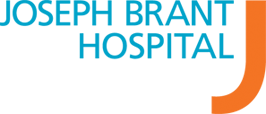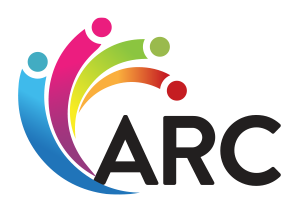Neonatal Intensive Care Unit
Quick Links
The Neonatal Intensive Care Unit (NICU) cares for babies that are premature, have low birth weight or require special care. In the NICU, we promote family-centered care.
The Neonatal Intensive Care Unit (NICU) located on Level 2 of the North tower.
The NICU is a locked secure unit. To enter or exit, press the button on the intercom. A nurse will let you in or out. Immediately wash your hands with soap and water.
See our NICU Resources to help you care for your baby and transition to life with a newborn.
Common Areas in the NICU
Family Room
The Family Room is open to families 24 hours a day. It contains a small kitchenette, with a refrigerator and microwave.
Washrooms
Washrooms are located in the Family Room.
Bunk Room
The Bunk Room is available to mothers who need to stay overnight. It is a private room containing a bed.
The Bunk Room is assigned daily and cannot be reserved in advance. Eligibility is assessed by the nursing team.
When using the room, it must be vacated by 9am to allow for cleaning. Personal belongings should be kept in a locker in the Family Room.
What to Expect
Each baby has their own care area that includes:
- an open bed with overhead warmers, an isolette (incubator) or a cot depending on the care needs.
- a monitor to constantly check heart rate, respiration rate and oxygen saturation.
- a sleeper chair so a parent may sleep over at any time
While in the NICU, baby's health care team may consist of physicians, nurses, respiratory therapists, lactation consultants, allied health care providers and parents.
Parents are a vital member of the health care team. They are the baby's voice and source of comfort. Parents are welcome in the NICU 24 hours a day. On rare occasions, they may be asked to leave the bedside while staff provides care. During this time, they may wait in the waiting room. If you are not able to be with your baby, you may call the unit to get more information.
Your health care team will work with you to develop a care plan that meets the needs of you and your baby. This will include feeding and skin-to-skin time among other things.
We encourage parents to ask questions and keep track of care information using a journal.
Interdisciplinary Family Rounds
Every Tuesday and Friday at 10am an interdisciplinary team consisting of nurses, doctors, dietitians, pharmacists and social workers meet to discuss the care and progress of your baby. As a vital member of the health care team, parents are encouraged to attend.
Breastfeeding Support
Certified Lactation Consultants may visit while your baby is in the hospital. After you take your baby home, you can also get breastfeeding advice by calling 905-681-4840 ext.1.
Visiting the NICU
In the Neonatal Intensive Care Unit (NICU), up to two individuals can be at the bedside at one time. Parents/legal guardians/Essential Care Partners (ECPs) may be present 24/7.
Siblings visiting the NICU must show proof of vaccination. Non-sibling visitors are not encouraged.
Non-parent/guardian visitors are welcome but must be accompanied by one parent or legal guardian.
Going Home with your Newborn
When it is time to take baby home, the health care team will develop a discharge plan. The plan will include information about feeding, after care, medication, follow up appointments and important phone numbers.
Follow Up
A public health nurse may contact you by phone within a day or two of discharge. The nurse will provide information about the Healthy Babies, Healthy Children Program.
If you have questions about baby’s care after discharge, contact your family physician or pediatrician.
NICU Resources
- Healthy Babies, Healthy Children Program
Regional services for families with children from birth to age six. Information and supportive home visiting for eligible families. Call 311.
- Infant Hearing Screening
Hearing screening for babies. Call Erin Oaks at 1-888-374-6625 – select option “3” to arrange for hearing screening once your baby is discharged.
-
Newborn Resources
-
Newborn Feeding Resources
- Feeding your Late-Preterm Infant - Best Start
- Breastfeeding Clinic at Joseph Brant Hospital
- Breastfeeding Matters Booklet - Best Start
- Getting Enough to Eat - Breastfeeding
- What to Look for when Breastfeeding
- Halton Baby Friendly Initiative
- Signs that Feeding is Going Well
- Infant Formula: What you Need to Know
For access to mother and newborn resources in French and 17 other languages, please click here to visit the Best Start website.
Adapted with permission of Ottawa Public Health. For educational and non-commercial purposes only.
Contact Us:



Facebook
Twitter
YouTube
View Joseph Brant Hospital's Channel